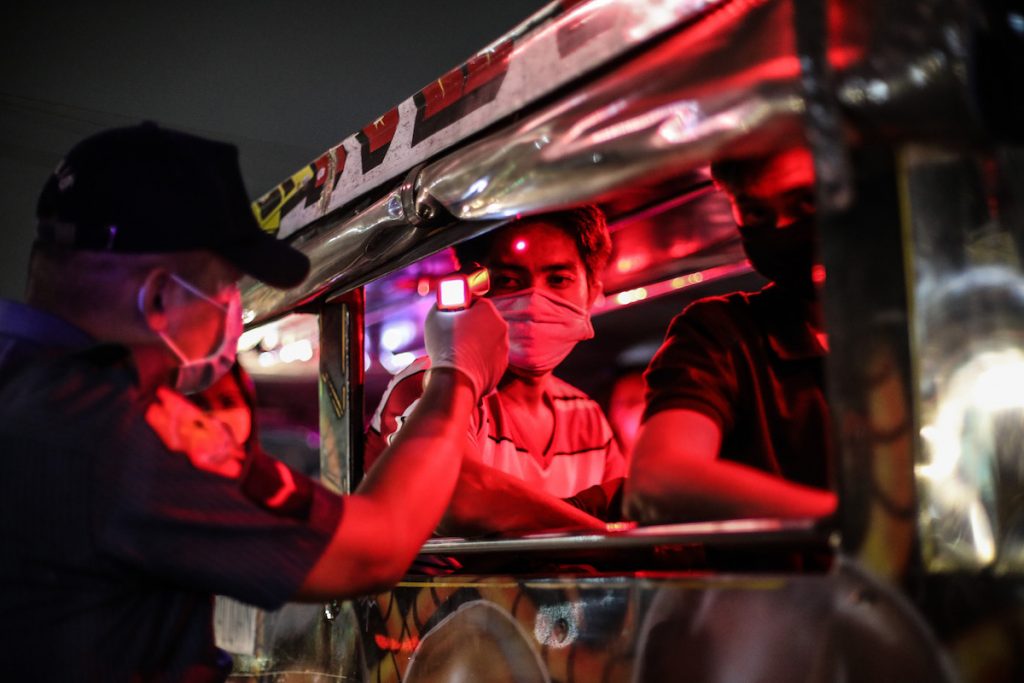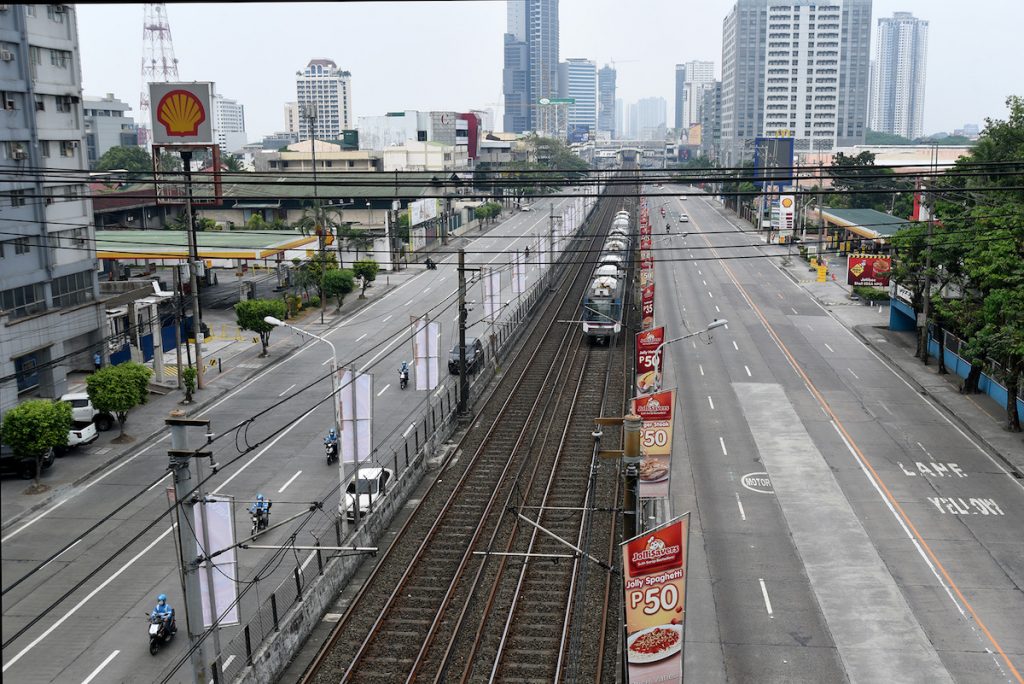The social action arm of the Philippines’ Catholic bishops’ conference has urged dioceses across the country to set up “kindness stations” in poor communities affected by the coronavirus outbreak.
The government has placed the entire island of Luzon, home to over 57 million people, on “enhanced community quarantine” starting March 16 in a bid to contain the spread of the coronavirus.
Under the order, strict quarantine for all households is implemented, transportation is suspended, and provision for food and “essential health services” are regulated.
Father Edwin Gariguez, executive secretary of the social action secretariat of the bishops’ conference, said community-based efforts have to be done because the operations of humanitarian organizations are paralyzed due to the lockdown.
“We need to de-centralize the giving of assistance,” Father Gariguez said. “We need to mobilize communities to help the most needy and vulnerable members,” he said.
“Kindness through community solidarity must be promoted, more than the usual centralized aid assistance,” he added.
Father Gariguez said fund-raising can be done at the community level so that village leaders can have the capacity to respond to the need of the people.


The National Council of Churches in the Philippines warned of a “humanitarian crisis” in the wake of the “enhanced community quarantine.”
Bishop Reuel Norman O. Marigza, general secretary of the Protestant council, expressed grave concern for workers and for the poor.
“Unless the poor are considered and provided with economic relief and unless medical services are enhanced and made accessible for them, the community quarantine will defeat itself,” he said.
“This will just lead us to further humanitarian crisis,” said the bishop.
President Rodrigo Duterte announced the implementation of the enhanced community quarantine on March 16, a day after a community quarantine took effect in the capital.
The enhanced community quarantine expanded the coverage to the entirety of the main island of Luzon.
“We are doomed to suffer a more serious humanitarian crisis altogether if the social and economic concerns of the poor remain unaddressed,” said Bishop Marigza.
He said massive job and income losses and inaccessible basic social services “will worsen the plight of millions of Filipinos already suffering from poverty and hunger.”


Church leaders divided on lockdown
Bishop Broderick Pabillo, apostolic administrator of the Archdiocese of Manila, said the public should give authorities “the benefit of the doubt” and let them work on addressing the threat of the pandemic.
The prelate, however, called on the Philippine government to “give subsidy to the poor and the people who depend on their daily work.”
Bishop Roberto Mallari of San Jose said his diocese in the northern Philippines “will comply” with the government decision to limit the movement of the population “for the good of our people.”
Father Warren Puno of the Diocese of Lucena has expressed worry on how local governments will be able to feed the people if a strict lockdown will be imposed.
“Is there really a comprehensive plan before they decided to impose this?” asked the priest.
“There are many poor Filipinos who rely on their daily wages. Can the government provide for all of them?” he said.
Father Puno said he is not against any move to combat the spread of the disease “but we need to prove to the public that we can provide their basic needs and that they will not die of hunger.”
Redemptorist priest Oliver Castor said the lockdown “was too late.” He said the country should have implemented a strict ban on all incoming flights to Manila as soon as the outbreak started.
He said the Filipino people is now suffering because of the “inability” of the government to handle the situation one step ahead.
“A strategic approach to address COVID-19 is needed,” said Father Amado Picardal.
He said the recent deployment of security forces to close every border and to limit the movement of the people is “inadequate and only contributes to the spread of the virus.”
“A community quarantine or lockdown must be accompanied by massive test and detection, immediate response to cases, adequate protective equipment, and food supply,” said Father Picardal.
He said the long-term lockdown “without addressing the basic needs of the poor run the risk of chaos when the choice becomes either catch COVID-19 or die of hunger.”


